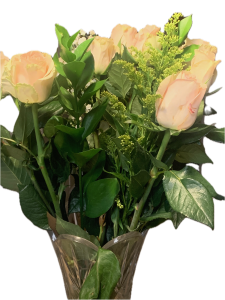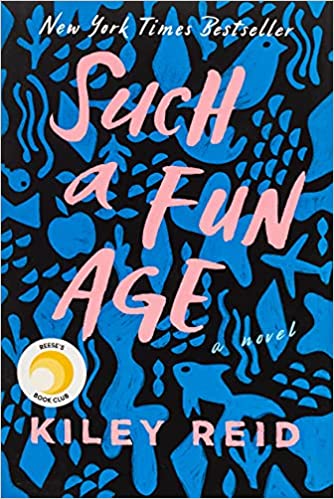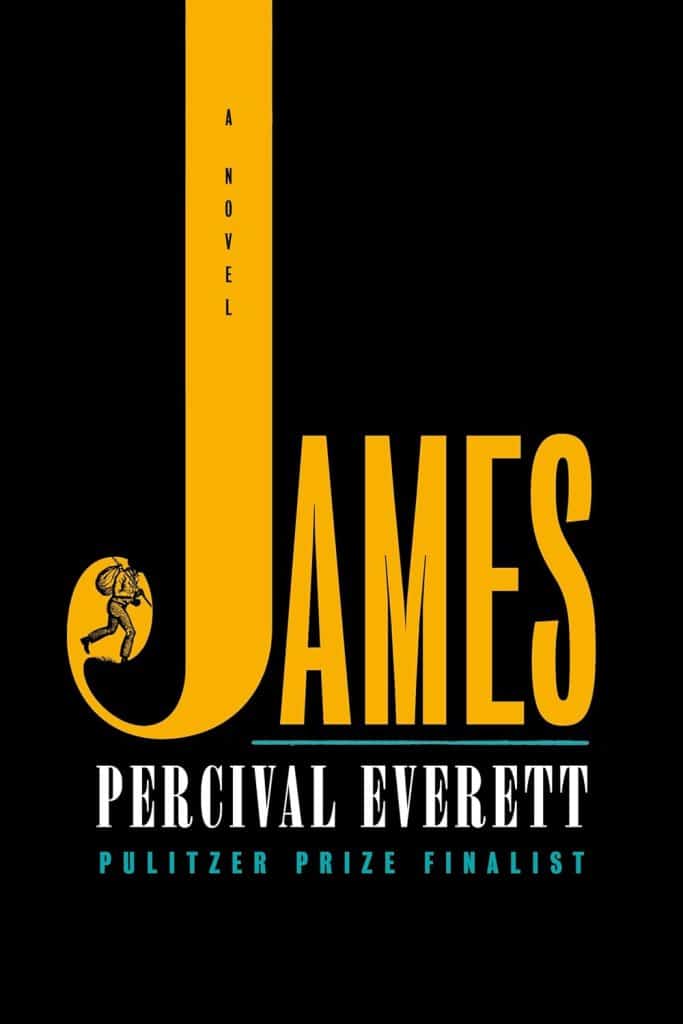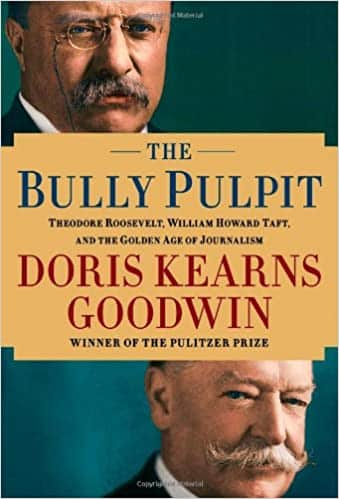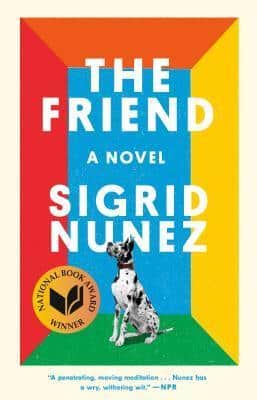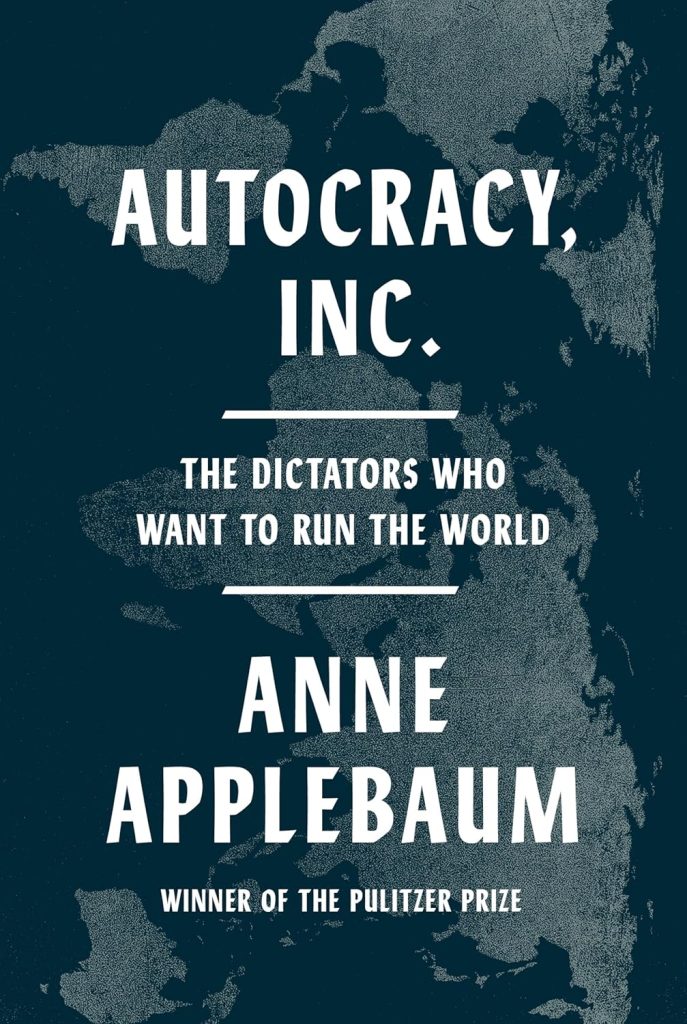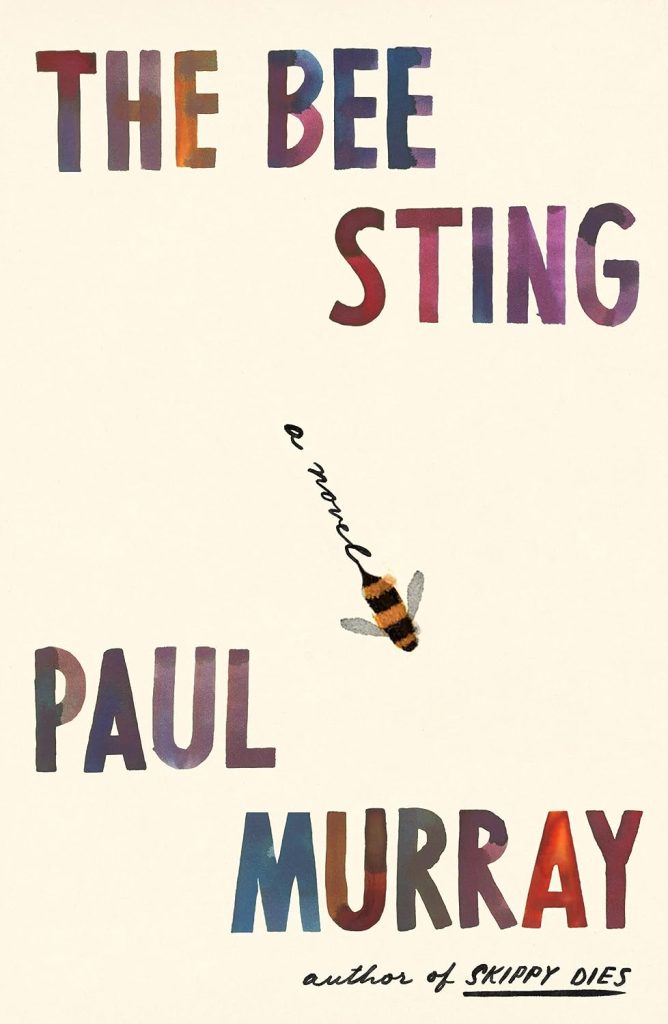Flowers Everywhere
Estimated reading time: 14 minutes, 17 seconds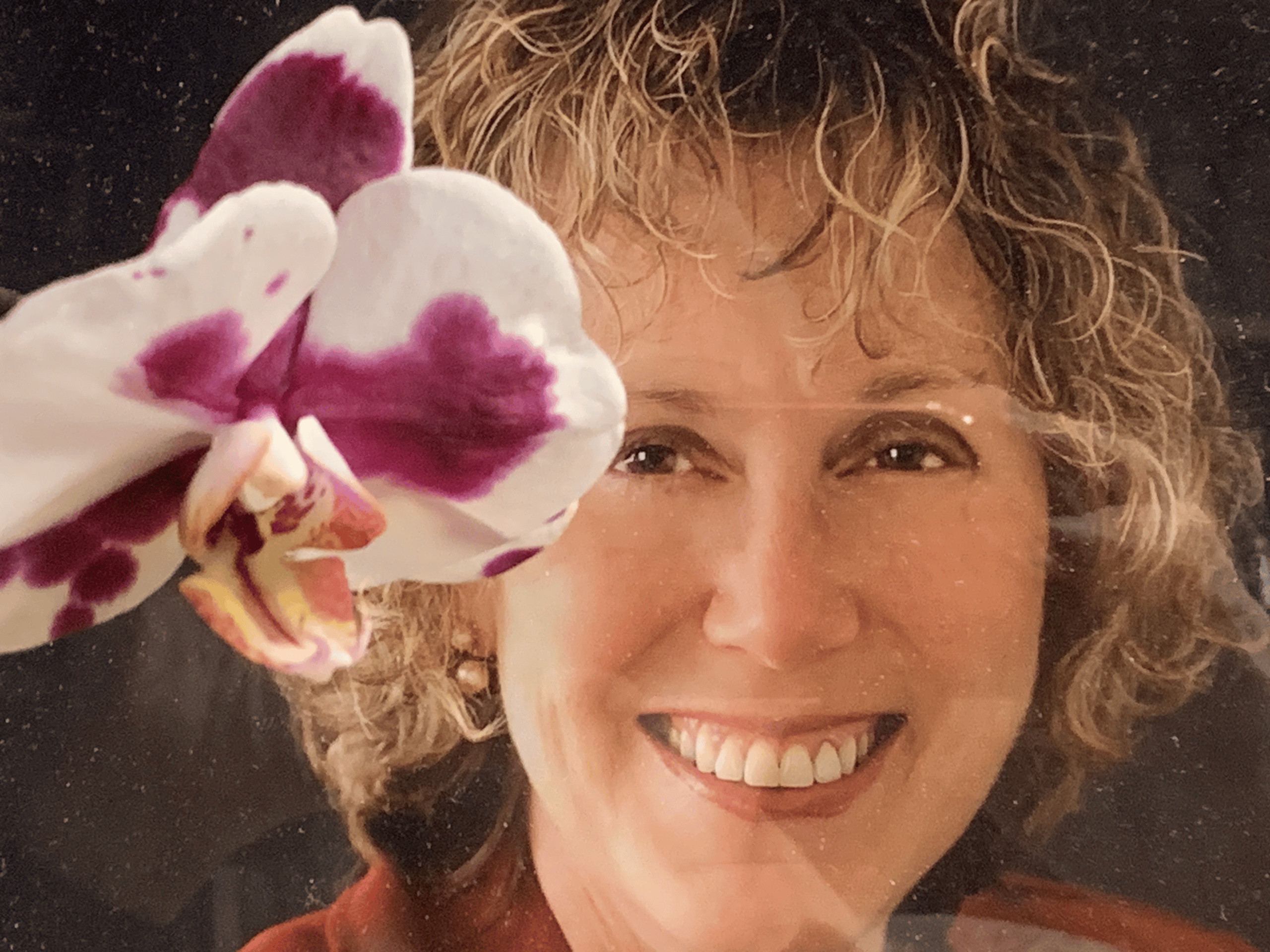
Flower Shopping
Hey Jon, are you all set to join me for flower shopping?” I called out to him, my voice echoing through the rearranged first floor of our home. My sons had cleared the sitting area primarily, and the dining room table was closer to the bookcase. Mike and Jon had also moved her recliner to the ground floor so she could sit up and not always be in bed. However, the most prominent feature in the room was the hospital bed, which now served as the centerpiece. I had grown accustomed to seeing these beds over the past sixteen months, and it almost seemed to belong there. I breathed a sigh of relief as Jon descended the stairs just in time to prevent my emotions from getting the better of me. Jan was coming home for the last time.
As we turned from Alden Street onto Miln, we had one goal: to reach the florist. We had two options to ensure we could bring back the flowers. Mike could meet us at the florist or use Jan’s car in the parking lot off Miln, which we had passed. As we walked towards the florist, I mentioned to Jon that there used to be a florist around the corner, but they had relocated their shop closer to the Garden State Parkway after a fire broke out in their previous building. Unfortunately, upon reaching the North Avenue store, we found it closed. Disappointed, we wondered what our next plan of action should be. Jon suggested that we could at least use the car, which was close by. I agreed and asked him to text Mike while I drove to the Cranford Florist, hoping to find what we were looking for.
When we entered the florist’s shop, a friendly face near the entrance greeted us and asked how they could assist us. I stumbled over my words as I tried to explain that we needed flowers for my wife, who was coming home for hospice care. I wanted to fill our home with beautiful blooms to make her feel more comfortable during her final days. Despite my raw nerves, I managed to convey our intentions. Fortunately, the florists were understanding and kind. They asked us about our budget and promised to select the perfect flowers for the occasion. I gave them complete freedom to choose whatever they thought was appropriate, regardless of the cost. I trusted their expertise and wanted to ensure my wife received the best.
Glancing down at my watch, I realized it was already late. Not wanting to cause any inconvenience, I told Jon that he should contact Mike and arrange for him to pick Jon up. After all, we still had a lot of preparations to do. Mike was already on his way, so I advised Jon to meet him at Dairy Queen on the other side of the street. Before leaving the store, I promised the florist that I would return. I helped Jon locate the Tastee Freeze and cross the busy street safely. As Jon reached the other side, we caught sight of Mike’s car zooming by.
After saying goodbye to Jon, I returned to the flower store. I caught the owner’s eye as I walked through the door, wondering if she remembered me. In the past, I used to buy my wife several roses, each one symbolizing a year of our marriage.
I greeted the owner with a warm smile and asked how she was doing. She stood up from her desk and replied, “I hear your wife is coming home for hospice. My condolences.”
As I prepared to respond, I couldn’t help but notice the sadness in her eyes. She explained she had lost her husband just four months prior, and she understood all too well the pain and grief that I was about to experience. It was the first time that someone had offered their condolences to me, but unfortunately, it wouldn’t be the last.
The other florist came to the office to tell me everything was ready. I asked how much I owed, and they waved off my thoughts, saying, “A hundred dollars will do.” I was baffled since it looked like more than that on the table. But they insisted, “Your wife needs flowers. We are florists, and we help each other.”
As I stepped out of the florist, I was grateful for the other florist’s offer to help me carry the flowers to my car. She expertly arranged the delicate blooms in my arms, and soon enough, my car’s entire back seat and passenger seat were full. I was relieved that Mike had picked up his brother, and I could use all the space available. I thanked the kind florist for her help and buckled myself in, feeling accomplished and satisfied.
As I started the engine, I realized I could make a left turn, which I had not expected would be possible. The drive back to our apartment was a blur of emotions – gratitude for the kind florist’s help, anxiety about transporting the flowers safely, and excitement to see my sons’ faces light up when they saw the beautiful flowers.
Mike met me downstairs, and we ferried the flowers to the elevator. I could feel the weight of the flowers on my arms, and I did everything possible not to cry, but I had failed miserably. As we rode the elevator to our floor, tears streamed down my face, and I struggled to keep my composure.
I moved the car to the parking lot while Mike was on the way to the third floor, and I took a moment to catch my breath and calm my nerves. Walking back to our home with flowers everywhere, I pulled myself together so no one could see I had cried. But it did not stop the tears inside my heart and soul as I realized how much I loved my wife.
After almost 48 years, I recently lost my wife, Jan Lilien. Like The Little Prince, Jan and I believed that “The most beautiful things in the world cannot be seen or touched, they are felt with the heart.” This blog is a collection of my random thoughts on love, grief, life, and all things considered.



